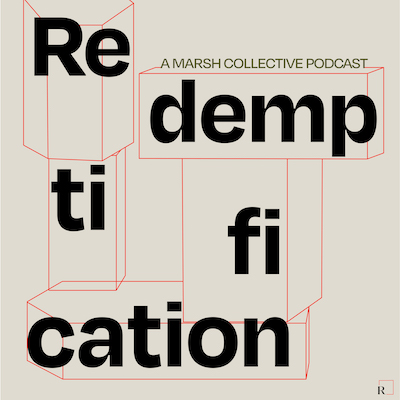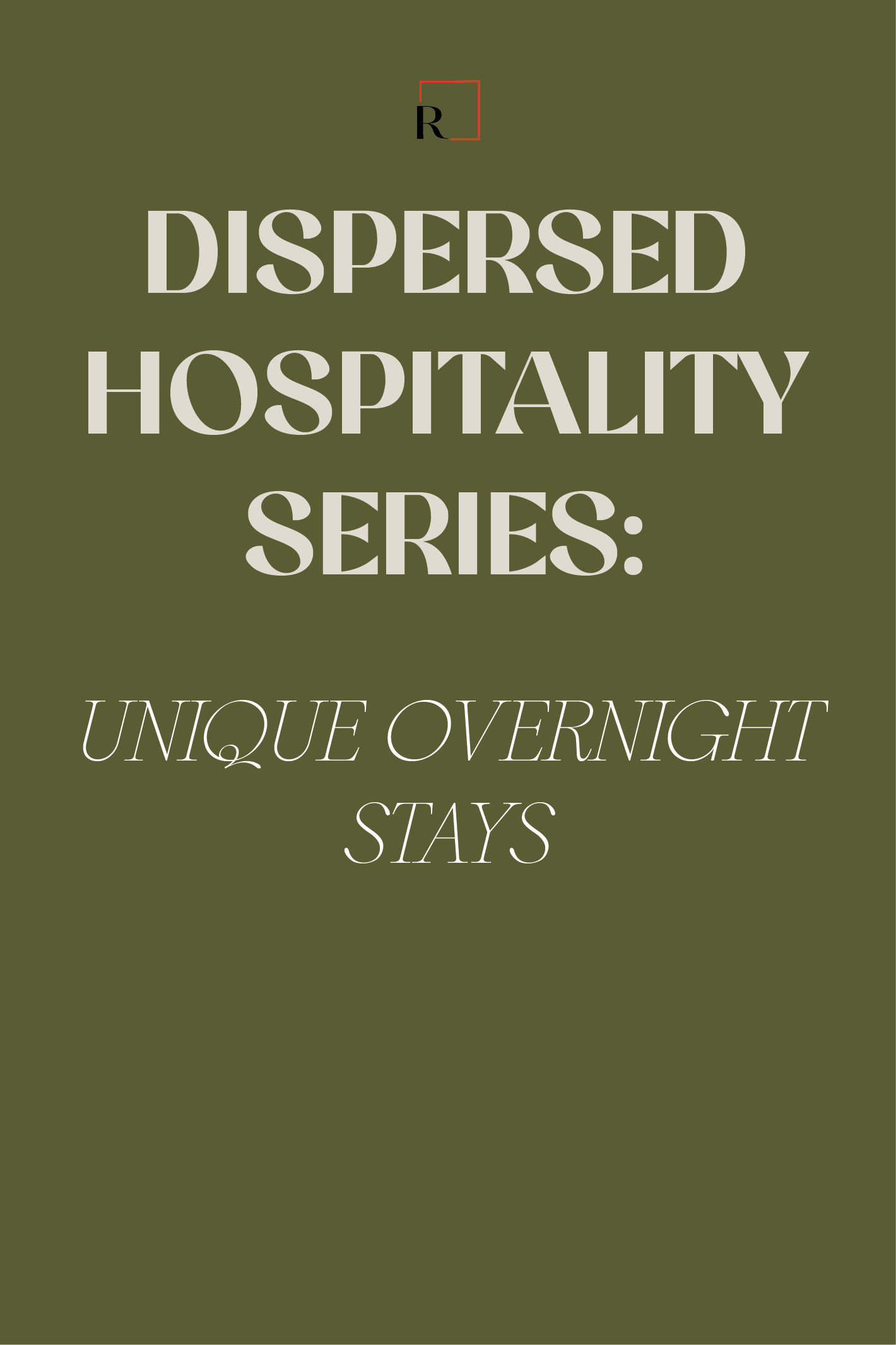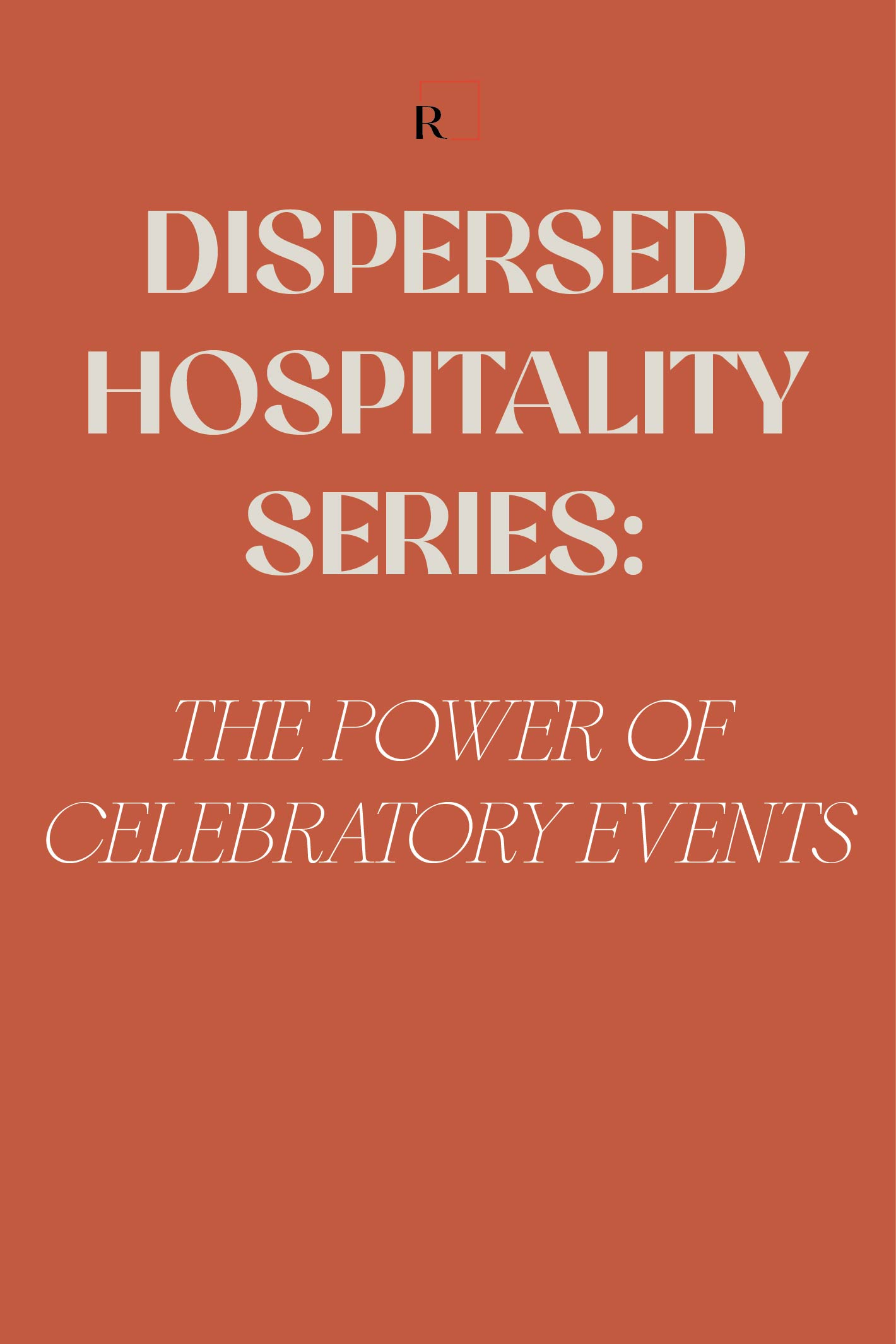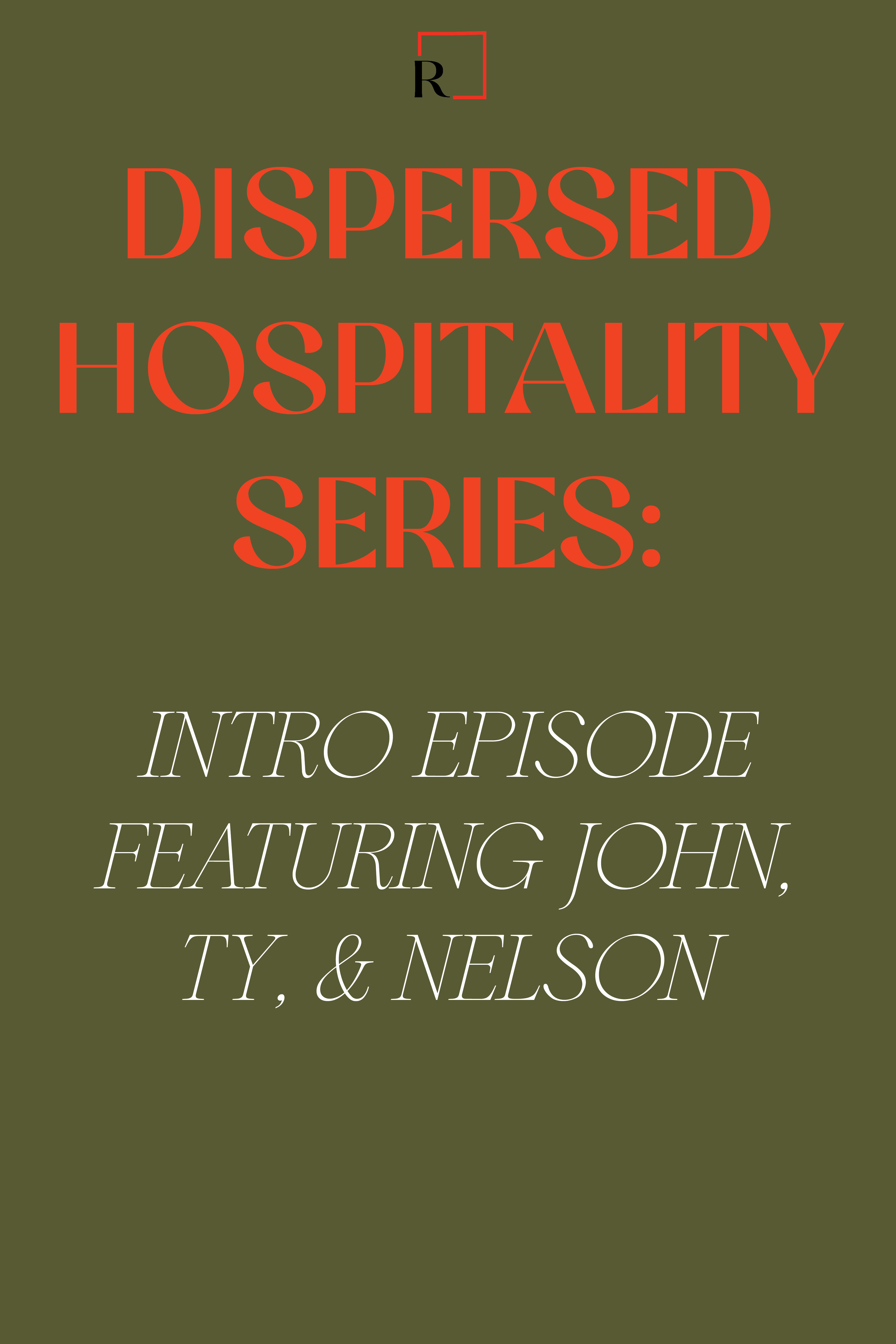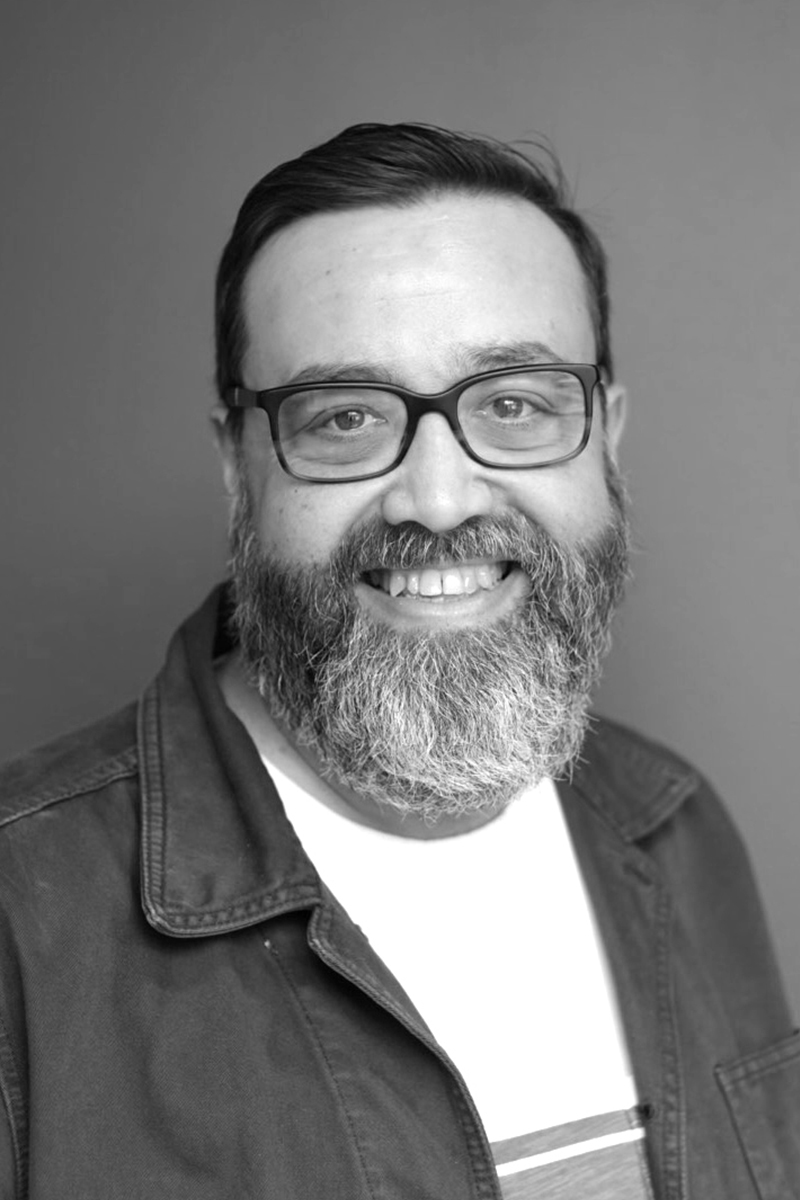The Lawyer and the Yoga Studio, Living With your Development with special guest Kerry Wilson
John hops on with Kerry Wilson this week, of Winter Haven Florida, to discuss coming home, and working within your community. Join us to hear a broad reaching conversation about the most unique fund in the world.
Insights & Inspirations
- John Marsh (03:15): It’s a magical serendipitous thing when you’ve got places people congregate and find one another, especially on a Wednesday evening or something.
- Kerry Wilson (04:44): classic downtown that thrived during the forties and fifties. And then in the sixties, a mall was built that just sucked all the energy out of downtown and it decayed. I used to call downtown Winter Haven, a little Beirut. I mean, there was bombed out buildings looking. The sidewalks were cracked and there wasn’t much there
- Kerry Wilson (07:12): because of some previous business deals. Joe and I were partners with Bud and his father in a couple of other businesses, and which had been, we sold some properties and done some things, but in 1998, this building I’m in right now, which was the original Publix grocery store, owned by George Jenkins, had a Cuban restaurant downstairs and nothing upstairs. And it went up for sale and it was so darn cheap. We just said, well, let’s keep the restaurant there, because all of us worked around the downtown on. And then over the next couple of years, because of one of the businesses we were operating, we bought these two large telco buildings that were downtown that had been built, and then they became obsolete almost immediately.
- Kerry Wilson (10:05): The city manager at that time started to understand that if you invest in a downtown, it’s going to benefit the entire town. And so they made the decision, which we kind of helped ’em with to move the library downtown, which was a huge plus.
- John Marsh (12:42): I love how Bud says that. He says, my operational businesses are to feed our real estate habits.
- Kerry Wilson (13:19): We’re not the traditional real estate renovate and sell and make a profit. We wanted to start thinking about holding ’em.
- Kerry Wilson (20:33): Bud often says, well, we don’t want to the whole thing, but it is over the years it’s like, well, maybe we should own the whole thing. But as you pointed out earlier, I think Ed Walker first said it, the biggest challenge in our form of development is actually buying property and controlling property.
- Kerry Wilson (21:59): We have not been just financial buyers in the past, although we are considering an investment now that would not
- Kerry Wilson (22:59): We’ve got 65 properties now, some 263 tenants as you know, because you tell us all the time, we’re lousy at it. We still manage all these things. We’re the best landlords on the planet. I think we take too good of care of our tenants, but it’s just what we’ve done and it’s paid off on certain levels quite a bit
- Kerry Wilson (24:43): The addition of the Marsh collective and the laying on of hands that y’all have done to our corporate structure and everybody else in relationships have been absolutely invaluable. I don’t know if you’re invaluable.
- Kerry Wilson (26:48): We have an extremely diverse portfolio, although we’re concentrated in a single town. When the pandemic hit, we were terrified. But sure enough, I mean we had enough people that made it through that and we worked with them and we really didn’t miss a lick
- Kerry Wilson (31:49): we embraced the new urbanism and we’ve had some really good advice from those people, although nearly everything they advised takes some money. It’s easy to say this would be a perfect place for a hotel. Well, but we don’t own it. The guy doesn’t want to sell it, so what are we going to do next?
- John Marsh (33:29): people are waking up to this idea that downtowns matter. There’s only one downtown in the town and it matters and these structures matter.
- Kerry Wilson (37:44): One of the big things surprised me is how slowly things moved. You get involved and you’re looking at this stuff intensely. You can see all this stuff that should happen. It would be great to happen right away, but you can’t assemble the property, get the approvals, raise the money. You just, things move at their own pace that it’s hard to influence it dramatically.
- Kerry Wilson (44:23): There’s a lot more ideas than there are money out there to start businesses, and obviously restaurants and bars and this kind of thing are great money makers when they work and they just are lousy and they don’t
Information & Links
- Connect and learn more about what we do at https://www.marshcollective.com/
- Connect with Marsh Collective on LinkedIn
- Connect with Marsh Collective on Facebook
- Kerry Wilson – LinkedIn
- Six/Ten – website
- Boys & Girls Club – Polk County, FL
Closing Questions
What have you read that we should read?
- …. Alright, well let me first say, because nobody reads anymore, but if you want to watch something that’s incredible. There’s a documentary out that came out in April about Little Richard.
- Little Richard – documentary
- Washington Post – Bitter Rivals. Beloved Friends. Survivors. by Sally Jenkins
- …. Alright, so other books I would recommend anybody to read if you haven’t read PG Woodhouse and PG Wodehouse’s Jeeves stories, the Jeeves, the Butler. He wrote some 35 short, short stories and some 11 novels with Bernie Wooster and Man Jeeves that if you’re depressed, it’ll make you laugh. If you’re happy, it’ll make you laugh harder. I mean, laugh out loud, funny stuff. The Code of the Woosters, if you wonder if you’re going to read one of the first little novels
- P.G. Wodehouse – collection
- P.G. Wodehouse – The Code of the Woosters
Who do you know that we should know?
- Robert Chapman – LinkedIn
- …. I’m talking about people I know that you should know. Well, Robert Chapman, I think you should have Robert on. Robert has got, I think one of the most unique perspectives on Lean Urbanism because he was the original signatory of the new Urbanist Manifesto or whatever it was called, and was one of the earliest builders back in the nineties who did one of these projects and has been involved with everybody since then.
What have you done that we should do?
- …. India you think, okay, okay, India’s overpopulated. It’s violent, it’s God, what a kaleidoscope of humanity and culture that they’ve got going down there. I did get to go to Canterbury a couple weeks ago in England, and I was going to go to Canterbury, which is the King Charles’ that designed. …. But it just turns out I was driving too big a car and I didn’t want to drive it any further and it was way, so we ended up in Canterbury, which has been a town since Roman times where Canterbury Cathedral and stuff. But it was just a new urbanist dream, really. How that building had come about organically, how they’ve handled, I mean there is a pretty major road used to run right in the middle of town. They eliminated all of that, turned it into big pedestrian malls. The places bomb heavily during the World War II and they put up soon thereafter after the war was ended, they put up all this box housing, they called it. But in the 1960s they had said, this is ugly. It’s not authentic. They tore it all down and brought in all this good
